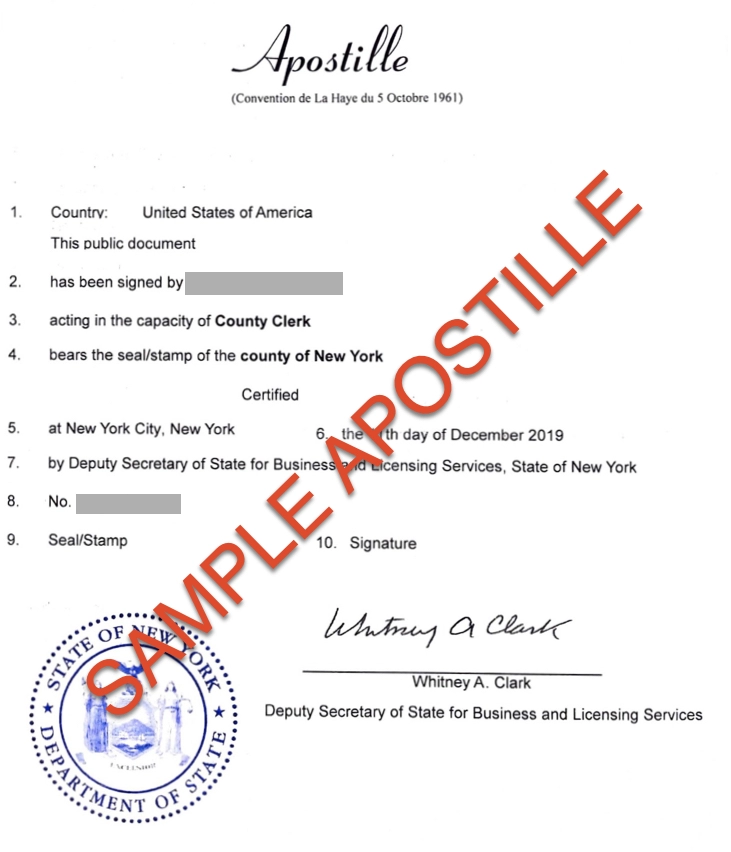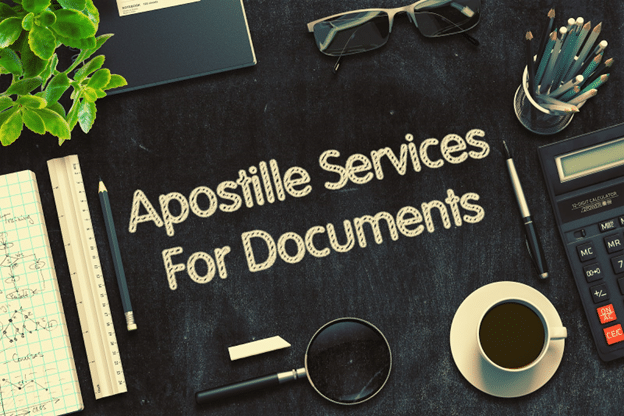Exploring the Factors Behind the Mandatory Requirement of Apostille Certification for Legal Papers
In the realm of legal documents, the mandatory requirement of apostille certification has actually become an essential aspect that significantly impacts the credibility and recognition of legal papers on a worldwide scale. Understanding the reasoning behind this need involves diving into the elaborate internet of legal intricacies, historical precedents, and international contracts that underscore the importance of apostille accreditation in today's interconnected globe. By exploring the underlying factors behind this widespread need, a clearer image arises of why this seemingly bureaucratic procedure holds such tremendous relevance for organizations, federal governments, and people alike.
Historical Development of Apostille Accreditation
Just how did the idea of apostille accreditation develop with time to come to be an important part of global record validation? The historical advancement of apostille certification dates back to the very early 20th century. The need for a streamlined technique of confirming records for usage across borders emerged as global profession and travel raised. In action to this need, the Hague Meeting on Private International Law introduced the Apostille Convention in 1961. This worldwide treaty developed a structured procedure for accrediting the credibility of records to be identified in member countries.
At first taken on by a few European nations, the Apostille Convention progressively got international acceptance as a result of its performance and performance in validating the legitimacy of official documents. Throughout the years, the convention's reach expanded as even more nations signed up with, recognizing the apostille as a generally accepted kind of record authentication. Today, apostille certification has come to be a common demand for verifying lawful documents in international deals, making certain smooth interaction and legal procedures in between countries.
Simplifying International Record Legalisation
The streamlining of global file legalisation treatments has actually dramatically enhanced effectiveness in cross-border deals. Simplifying the process of legalizing files for global usage has actually come to be essential in helping with swift and seamless purchases in between countries. Among the vital systems that have contributed to this simplification is the adoption of the Apostille Convention, which supplies a standard method for validating the authenticity of records throughout participating countries.
By adhering to the Apostille demands, countries concur to acknowledge each other's public files as legitimate without the requirement for more legalization. This removes the usually troublesome and lengthy procedure of several authentications by various authorities, conserving time and sources for individuals and companies participated in worldwide tasks.

Making Certain Record Credibility and Validity
To make certain the authenticity and credibility of lawful documents in worldwide transactions, strict confirmation processes are vital. By requiring apostille certification for legal papers, authorities aim to verify the beginning of files and confirm the signatures of individuals entailed.
Additionally, confirming the credibility of lawful files via apostille accreditation improves depend on and self-confidence among parties involving in international deals. Ultimately, by promoting stringent verification additional resources standards, apostille qualification adds to a much more protected and clear international legal structure.

Helping With Cross-Border Legal Acknowledgment
In the world of international transactions, the apostille accreditation not only ensures the authenticity and validity of legal papers but likewise plays an essential duty in facilitating cross-border lawful recognition (Houston Apostille). When legal documents birth an apostille certificate, they are easily accepted by international authorities without the demand for additional confirmation. This structured procedure speeds up the recognition of papers in various countries, promoting effectiveness and reducing governmental hurdles in legal matters that transcend national boundaries
Promoting cross-border legal acknowledgment with apostille qualification fosters count on and confidence in the authenticity of records traded between nations. By sticking to the standards established forth by the Apostille Convention, countries agree to recognize the apostille seals affixed to records from other participant nations, therefore streamlining the procedure of legal acknowledgment throughout borders.
Compliance With International Treaty Specifications
Conformity with worldwide treaty criteria is crucial for making certain the consistent application of lawful regulations across getting involved countries. The Apostille Convention, developed in 1961, details the needs for the approval of public papers amongst participant countries. By sticking to the standards set forth in this treaty, countries commit to recognizing the credibility of each other's certification without the requirement for more verification - Houston Apostille. This mutual approval improves the process of cross-border document recognition, promoting performance and decreasing governmental hurdles.
The Apostille qualification, as mandated by the treaty, serves as a guarantee of credibility for records such as my review here birth certifications, marital relationship licenses, court judgments, and notarized deeds. This standard technique aids prevent fraud and guarantees that legal papers originating from one participant nation are easily approved in an additional. In addition, by abiding by worldwide treaty requirements, nations show their commitment to upholding the principles of openness, count on, and teamwork in legal matters on an international scale.
Conclusion

In the realm of legal documents, the necessary need of apostille certification has actually come to be an essential aspect that substantially influences the validity and acknowledgment of lawful documents on an international scale. Today, apostille accreditation has actually become a conventional requirement for validating legal papers in worldwide purchases, making certain smooth communication and lawful procedures between countries.
Moreover, verifying the credibility of lawful papers with apostille accreditation improves depend on and confidence amongst events involving in global purchases.In the realm of global purchases, the apostille qualification not just makes certain the credibility and credibility of legal documents however also plays a pivotal role in promoting cross-border legal recognition. By adhering to the standards set forth by the Apostille Convention, nations concur to honor the apostille seals attached to documents from other member countries, thus streamlining the procedure of legal recognition across boundaries.